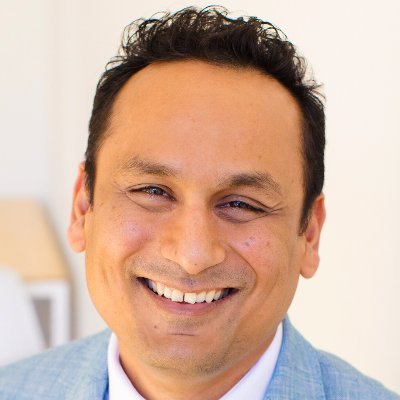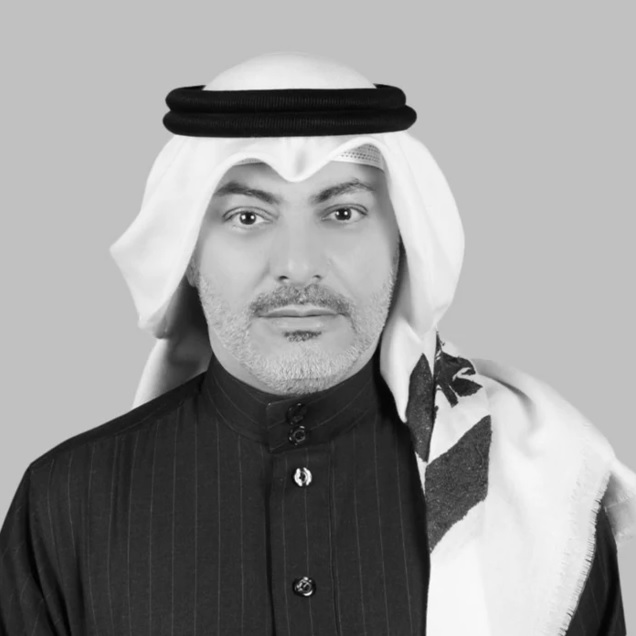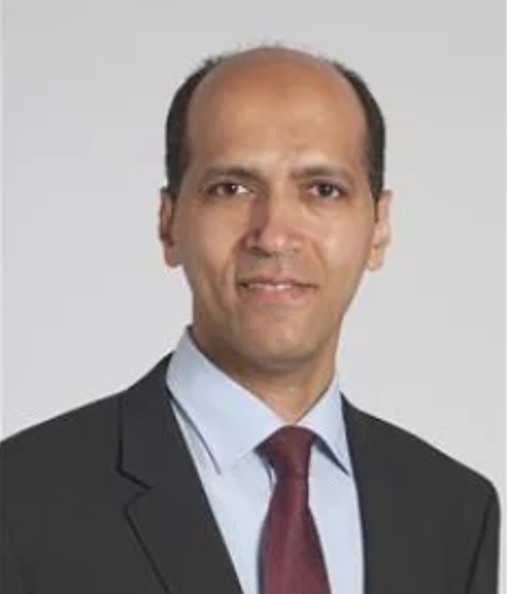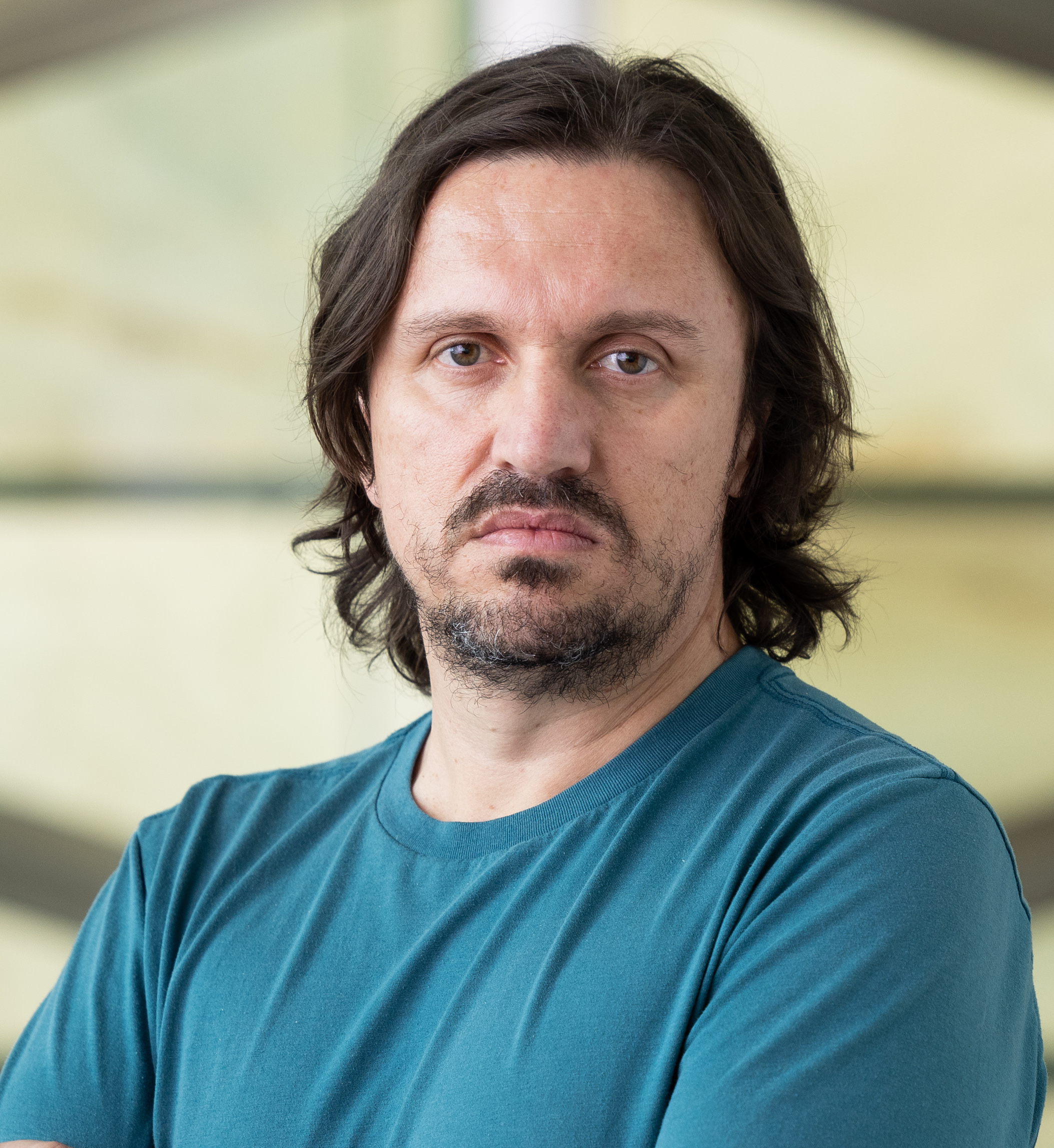Where: BLD 20
Credit: 1
Description
This dynamic panel discussion will explore how recent AI advances and research are transforming the landscape of neurological and developmental disorders. New, cutting-edge solutions are steering clinicians towards individualized, precision interventions. The session will bring trailblazers in AI and digitalization together with leading clinical experts to explore the latest breakthroughs for people living with neurological and developmental conditions.

Ehsan Hoque
Ehsan Hoque is the Chief Scientist of the National Center for AI in Saudi Data and AI Authority (SDAIA), where he leads the research and development in AI. Dr. Hoque earned his Ph.D. from the Massachusetts Institute of Technology, where his dissertation of 'using computers to help with conversations' was highlighted by the MIT Museum as one of MIT's most unconventional inventions. Microsoft is currently using his patent to introduce "presenter coach" in Microsoft PowerPoint. His ideas and impact of developing health interventions have been recognized through MIT Technology Review Top Innovators Under 35 Award in 2016. In 2017, Science News named him one of the one of ten early- to mid-career scientists to watch, and in 2018, he received the Early Career Award for Scientists and Engineers (ECASE)-the highest honor bestowed by the US Army Research Office for young scientists and engineers. In 2020, Dr. Hoque was named an emerging leader in health and medicine by the US National Academy of Medicine. He is currently a board of the Health Sciences Policy of the US National Academies of Sciences, Engineering, and Medicine. Dr. Hoque is a Distinguished Member of the Association of Computing Machinery (ACM)-the world's largest computing society, and a senior member of the Association for the Advancement of Artificial Intelligence (AAAI)-the largest scientific society for AI.

Mahmoud Alyamani
With more than 20 years in neurosurgery and healthcare administration, Dr Mahmoud Alyamany was previously King Fahad Medical City CEO. He also sits on the Saudi Ministry of Health board and has worked on governmental health transformation programs. He is an adjunct professor at McGill University.

Mohammed Aldosari
Dr. Mohammed Aldosari, Director and Consultant Pediatric Neurologist, Center for Pediatric Neurosciences, Cleveland Clinic, Cleveland, Ohio Dr. Aldosari has been a board-certified Pediatric Neurologist since 2003 and was certified by the American Board of Pediatrics in 2002. He received his bachelor’s degree of Medicine and Surgery from King Saud University, Riyadh, Saudi Arabia and he completed his first Pediatric Residency Program at King Faisal Specialist Hospital and Research Center in Riyadh. He subsequently completed a Pediatric Residency Program and Adult Neurology Program at the University of Minnesota, Minneapolis, Minnesota. Following completion of his residency training, Dr. Aldosari completed a Pediatric Neurology Fellowship Program at Duke University Medical Center, Durham, North Carolina. Dr. Aldosari began his career with an appointment as a Consultant and Fellowship Program Director at the Section of Pediatric Neurology at King Faisal Specialist Hospital & Research Center, in Riyadh, Saudi Arabia. In 2007, he was promoted to Head of the Section of Pediatric Neurology at King Faisal Specialist Hospital & Research Center. In 2012, Dr. Aldosari accepted a Pediatric Neurologist position at Mercy Pediatric Neurology &Psychiatry Center in Des Moines, Iowa. In 2014, he accepted a position at the Cleveland Clinic where he is currently serving as the Director of the Center for Pediatric Neurosciences. Dr. Aldosari is a funded Autism researcher with multiple projects focused on developing Innovative Tools for Autism Spectrum Disorders including using computer vision and eye tracking for autism diagnosis, and Social Robotics for intervention. He is actively collaborating with the Cleveland Clinic Innovation and national and international collaborators. He is also collaborating with colleagues in Saudi Arabia and the Gulf region to advance clinical and research programs in the region.

Ricardo Henao
Ricardo Henao, a quantitative scientist, is an Associate Professor in the Biological and Environmental Science and Engineering (BESE) Division, member of the Smart Health Initiative (SHI), at KAUST (King Abdullah University of Science and Technology). He is also currently an Associate Professor in the department of Biostatistics and Bioinformatics, Department of Electrical and Computer Engineering (ECE), member of the Information Initiative at Duke (iiD), Duke AI Health and the Duke Clinical Research Institute (DCRI), all at Duke University. The theme of his research is the development of novel statistical methods and machine learning algorithms primarily based on probabilistic modeling. His expertise covers several fields including applied statistics, signal processing, pattern recognition and machine learning. His methods research focuses on hierarchical or multilayer probabilistic models to describe complex data, such as that characterized by high-dimensions, multiple modalities, more variables than observations, noisy measurements, missing values, time-series, multiple modalities, etc., in terms of low-dimensional representations for the purposes of hypothesis generation and improved predictive modeling. Most of his applied work is dedicated to the analysis of biological data such as gene expression, medical imaging, clinical narrative, and electronic health records, with applications to predictive modeling for diverse clinical outcomes.
No resources found.
No links found.


